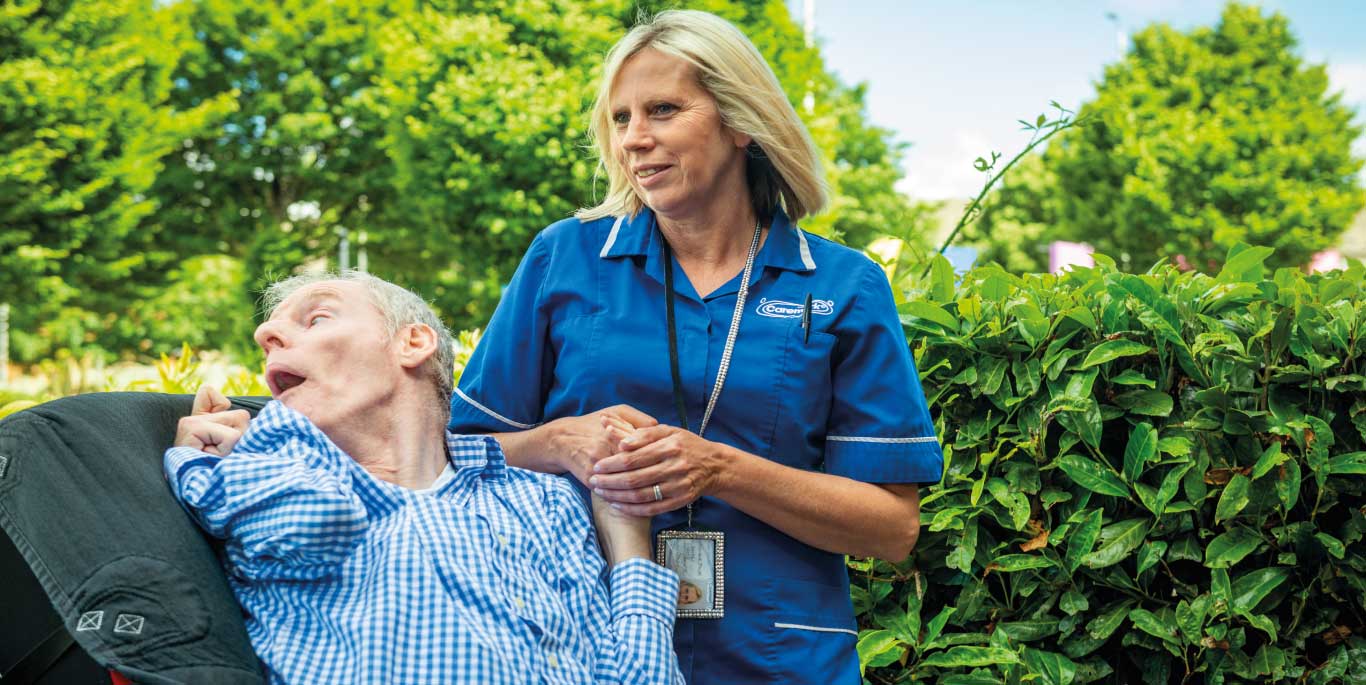Live-In Care Week – Day 4

This kind of care is most common. It involves a mixture of basic care needs and more specialist assistance.
1 – Personal care
Personal care services is an umbrella term that covers a variety of things including help going to the toilet and having a bath. You only need to access personal care when you are unable to do it yourself.
2 – Medicine
Most care assistants can help you to take basic medicines, such as tablets, and remind you when to take them. Some may need special clearance for certain types of medicine such as creams and injections.
3 – Washing and dressing
A carer can help you to get up in the morning and get washed and dressed, and help you go to bed at night.
4 – Help with eating and drinking
If you struggle to eat and drink a carer can prepare special meals and sit with you to make sure you are eating and drinking enough. They can also work with you to find ways to make eating and drinking easier – such as straws, special cups and finger foods.
5 – Cleaning and changing (toileting)
Where incontinence is an issue carers can help you to stay clean and fresh at all times. They can monitor you and change you, cleaning up when needed.
Specialist or high care needs
These kind of care services are almost exclusively handled by a specialist care assistant.
1 – Administering medication
Some medications need to be administered by somebody trained and vetted to do so. Specialist care assistants can handle this – especially if different medications need to be taken throughout the day at specific times.
2 – Working with colostomy bags and catheters
Caregivers usually need professional training to work with specialist equipment and medical aids such as catheters and colostomy bags. There are care givers are qualified and can take care of this for you – so you can remain in your own home and get on with daily life without worrying about waiting in for medical staff.
3 – Consulting with medical professionals and social workers
A specialist care assistant can work together closely with your team of medical professionals and social care professionals to ensure your safety and wellbeing.
4 – Co-ordinating medicines, appointments and healthcare professionals
If you are dealing with a disability or long-term medical condition it’s likely you’ll have several healthcare professionals looking after you. You may also have a social worker. Your condition may involve taking lots of different medications and seeing many different people.
A specialist care assistant can manage all of this for you, making sure that you are up to date and seen by all relevant medical professionals.
5 – Managing fluid charts and feeding plans
If a fluid chart is in place a more advanced carer can keep a track of this and add comments and notes on a regular basis. They can also manage special diets and feeding plans, ensuring you get the right amount of food in the right way.
At Caremark Warwick all our staff are trained to handle the above situations and would act so with Dignity and Respect.
If you or a loved one are interested at all in our Live-In care packages then please do not hesitate to get in contact with us on 01926 257524 or via email at warwick@caremark.co.uk